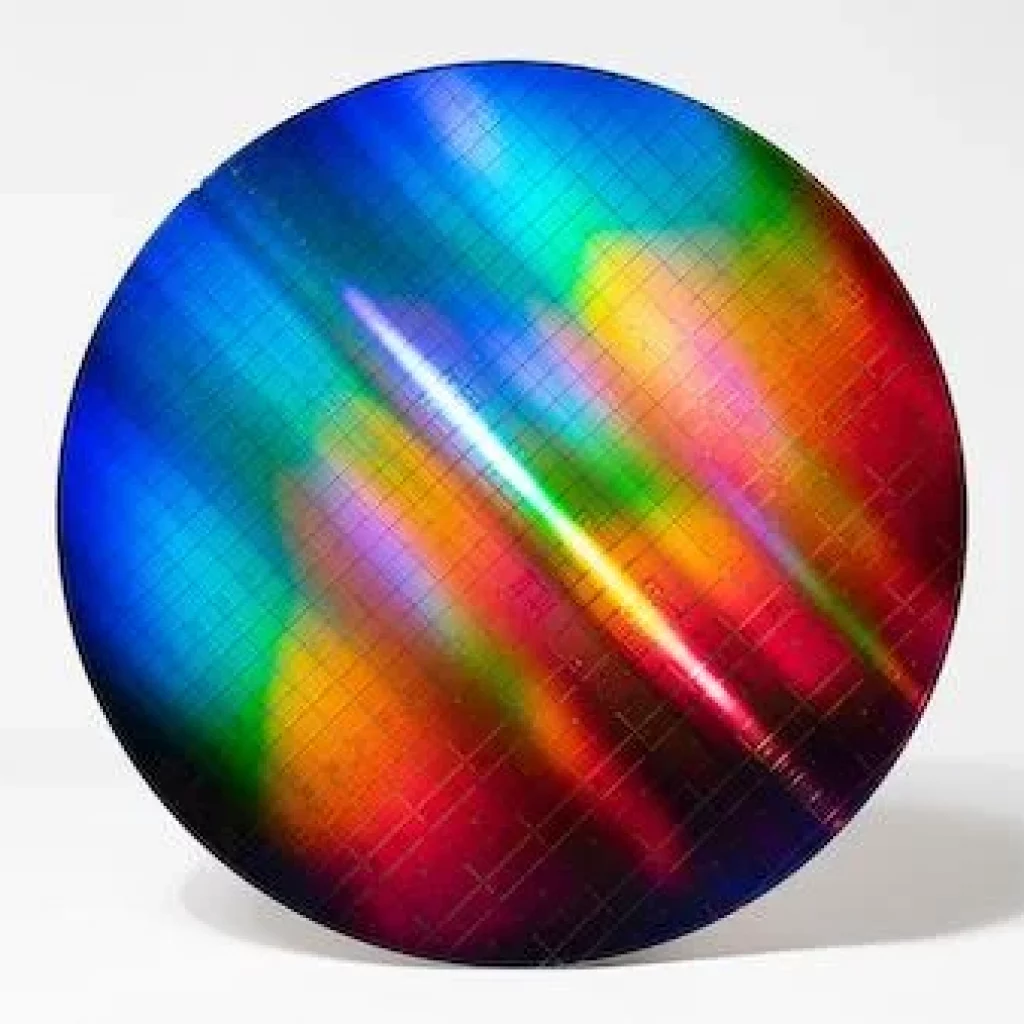(AllAboutCircuits) Jake Hertz, MS and BS in electrical and computer engineering from the University of Rochester with a focus in circuits and computer systems, writes here about Intel and QuTech teaming up for the first fabrication of silicon-based qubits. IQT-News summarizes Hertz’s extensive article that is well worth the time to review by clicking the source link.
Recently, Intel and QuTech jointly made significant news in the quantum technology industry when they announced the first successful fabrication of silicon-based qubits.
Silicon-based qubits are one of the most promising Of the many approaches to qubits and quantum computing. The working principle of these systems is to trap conduction electrons within a gate-defined quantum dot (QD) and use their spin as the qubit in the system.
rom a performance perspective, spin qubits in gate-define QDs offer the benefits of very small size, long coherence times, and relatively high-temperature operation (1–4K).
Beyond performance, however, one of the most considerable purported benefits of silicon-based qubits is their potential for scalability. Most importantly, silicon-based qubits should be compatible with traditional semiconductor manufacturing processes.
This compatibility means that silicon-based qubits have the potential to be easily fabricated with technology that already exists today. The result is that silicon-based quantum computers offer a clearly defined path to low costs, high densities, and high yields.
In their paper published in Nature, the researchers described their new process, which successfully leveraged advanced transistor fabrication techniques to fabricate qubits on 300 mm silicon.
The impressive result is that their new process can fabricate more than 10,000 arrays with several silicon-spin qubits on a single wafer while marinating a yield up to 98%. This new process used the same equipment that Intel used in their latest-generation complementary metal-oxide-semiconductor (CMOS) products, showing the ease of integration of its qubits within the traditional CMOS manufacturing scheme.
Even further, because of the shared technology, the new process also benefits from being compatible with any other CMOS technology.
The companies see this as a groundbreaking achievement, one which has the potential to pave the way for the future of scalable, affordable, and highly integrated quantum computers.
Sandra K. Helsel, Ph.D. has been researching and reporting on frontier technologies since 1990. She has her Ph.D. from the University of Arizona.
